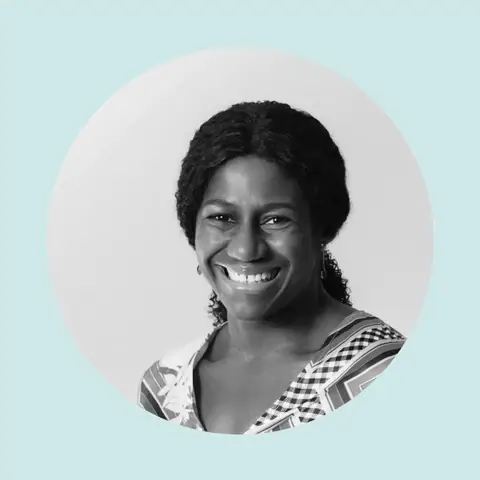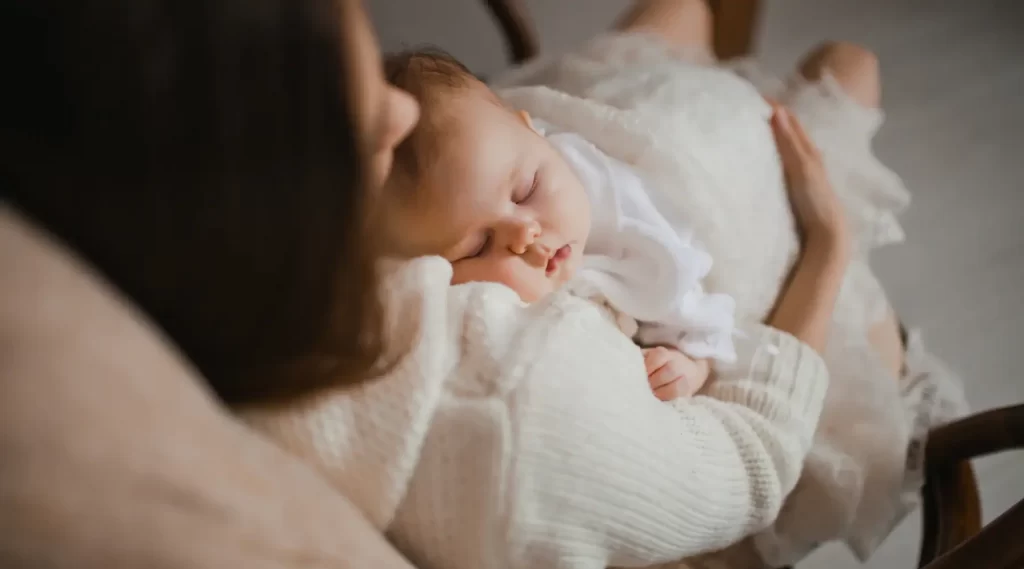RUOK? An important question for new parents too…
Welcoming a new baby into the family is usually a time of joy, wonder and excitement. However, for a proportion of mothers and fathers it can also be a challenging time.
Maternal and paternal most natal mental health problems are common
- 1 in 7 mothers will experience Post Natal Depression (PND) (1)
- 1 in 5 mothers have at least one type of anxiety disorder in pregnancy or postpartum. (2)
- Anxiety or depressive disorders in new fathers at 6 weeks postpartum is around 2%–5% (3)
So, as well as saying “Congratulations on your new baby” it is also a good time to ask “RUOK?”
Ways to start the conversations about mental health
- “As delightful as they are, having a newborn can be tough…RUOK”?
- “My first few months of parenthood were a struggle too…RUOK”?
- You are doing a great job with her/him, but you still seem tired/flat/stressed…RUOK”?
If they do not to want to talk at that time that is OK but let them know that you are there if they need and you’ll check back in later in the week.
Check in regularly via text or a phone call just to see how they are coping.
Many parents have problems asking for help
Additional support may be what they need but:
- Asking for help may seem too hard
- They may not want to be a burden on others
- Saying they are struggling may feel like admitting they are failing
- Even trying to think about what they may need may be overwhelming as it is another thing they have to do.
Try offering concrete practical support
Try offering concrete practical support e.g. cook some meals, fold the washing, put away the shopping, walk the dog even just clear the kitchen bench. I don’t know about you, but a clear kitchen bench can feel like a breath of fresh air!
Since much of Australia is in lockdown some creative thinking is needed:
- cook and deliver if within allowed distance contactless meals
- shout them a home delivered meal from a local restaurant that also needs support through lockdown
- send a “care package” a scented candle, luxe hand wash or an indoor plant provide repeat pleasure
- schedule in a regular walk and catch-up to encouraged them to get out of the house and exercise. If you are outside of the COVID allow radius talk via phone while you walk
- Ask their partner to watch the baby for a few hours and set up a virtual night in with a group of friends (when they are feeling stronger they can repay the gesture)
- If they do not have family support, offer to be a COVID restriction exempt care-giving person – their GP can provide a letter of exemption.
If they do open up professional help may be needed.
Ask if they already have a professional to talk.
If not suggest:
- PANDA’s National Hotline 1300 762 306
- Their General Practitioner
- Their Maternal & Child Health Nurse
Dr Adaobi Udechuku is an Australian trained perinatal psychiatrist. She established GLOW Clinic with her friend perinatal psychiatrist Dr Lucinda Smith.

The GLOW Clinic is an award winning first of its kind clinic that addresses both the emotional and physical health & wellbeing of mothers, fathers, infants and children from preconception to grade 6 age. GLOW brings together a range of practitioners including perinatal psychiatry, perinatal psychology, child and infant psychology, paediatrics, women’s and pelvic floor physiotherapy, GLOW Fit exercise classes and pre/postnatal and mums and bubs yoga.
Dr Udechuku see mothers, fathers and their infants in person at 3 GLOW Clinic locations Berwick, Cabrini Malvern & Mount Waverley as well as via Telehealth. To make an appointment with Dr Udechuku or too find out more about GLOW’s services contact GLOW reception on 9769 5606 or reception@glowclinic.com.au
Read more on this topic from Mental Health Week here.
Learn more about the Dr Golly Philosophy here.
Shop the Dr Golly age appropriate routines here.


